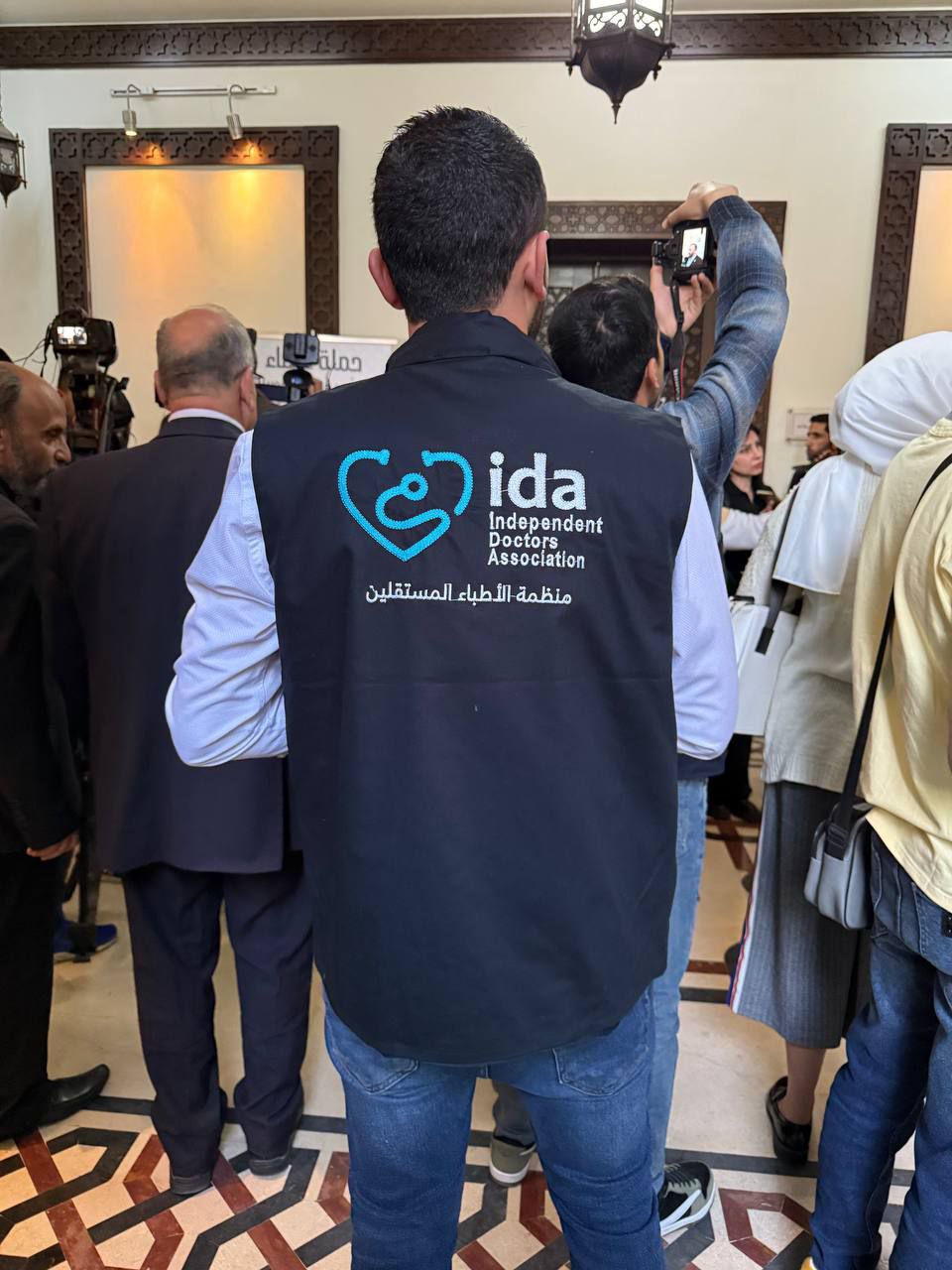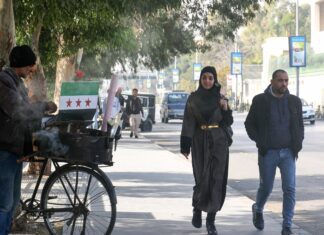
The Syrian Ministry of Health has launched a new medical campaign, under the motto “Shifa – Hand in Hand for Syria,” to address the country’s collapsing healthcare system and provide free care to vulnerable patients.
Announced on Saturday, the initiative is being carried out in cooperation with more than 100 expatriate Syrian doctors based in Europe. The campaign is supported by the Syrian Gathering in Germany, the Independent Doctors Association (IDA), the Syrian Doctors and Pharmacists Association in Germany, and several relief groups.
Health Minister Musab al-Ali called the campaign “a message of hope” during the launch event, held at the ministry’s Damascus headquarters. “Every operation performed here today is a step toward healing,” he said. “The patriotic spirit shown by these doctors reflects true solidarity and humanitarian commitment.”
Shifa will provide free medical and surgical care across several regions. The program targets 13 government hospitals, including major facilities in Damascus, Homs, Aleppo, Idlib, Daraa, and Deir Ezzor. A digital registration system was launched on March 19, with patients filling out questionnaires to determine medical priority. Doctors will then coordinate directly with eligible cases.
The initiative comes as Syria’s healthcare system continues to struggle under the weight of war, sanctions, and infrastructure decay. Deputy Health Minister Dr. Hussein al-Khatib has described the sector inherited from the Assad regime and hampered by over a decade of war and mismanagement as “tragic,” citing outdated equipment, poor conditions, and an entrenched culture of corruption.
The campaign also highlights the dire situation for cancer patients. With cancer rates rising, only 19 treatment centers operate nationwide, covering just 20% of medication needs, according to semi-official ministry figures. Many patients must travel hours for care they often cannot afford, while charities that help bridge the gap face dwindling donations and frozen bank accounts.
Stories from across the country paint a grim picture. In Suwayda, patients pay thousands of dollars for chemotherapy, while hospitals lack functioning MRI machines. In Daraa, families spend up to $2,000 per treatment round, often relying on unreliable drugs or smuggling channels.
Al-Ali said the Ministry of Health would continue working to facilitate visits by international and expatriate medical teams, coordinate with regional health directorates, and improve hospital capabilities.
While Shifa may not solve the deep structural problems facing Syria’s healthcare system, it offers immediate relief and symbolic unity. “Syrians abroad have not forgotten,” said al-Ali. “This campaign is their way of giving back.”








